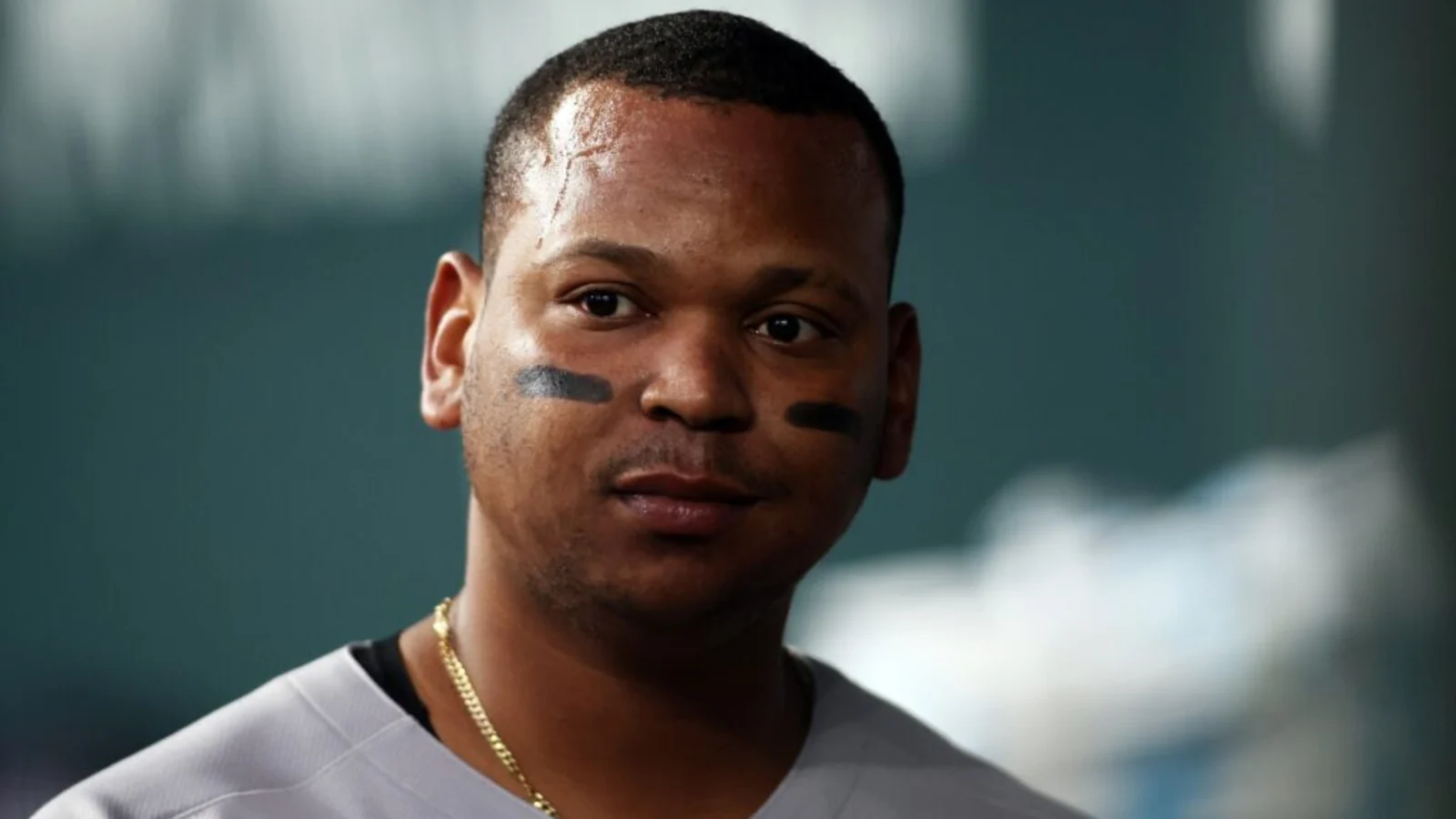Concerns Grow Over Rafael Devers’ Early-Season Slump
Boston Red Sox slugger Rafael Devers is widely considered one of the most talented hitters in franchise history. At just 28 years old, he has already amassed 200 home runs, a career .856 OPS, and a 15 WAR over his seven seasons in the majors. However, the start of his 2025 season has been anything but smooth. Devers currently leads all of MLB with 15 strikeouts and is hitless in his first 19 at-bats. While it’s still early in the season, this alarming slump has raised serious concerns among fans and analysts alike.

Fans React to Devers’ Struggles
Given his rocky start, some fans have even called for Devers to be sent down to Triple-A Worcester, an extreme reaction considering his proven talent. While the frustration is understandable, it’s important to remember that baseball is a long season and early struggles don’t always define a player’s year. Still, the question remains: What is causing Devers to struggle so much at the plate? Analysts have weighed in with different theories, examining his batting mechanics, timing, and mental approach.

Mechanical Issues Impacting Devers’ Swing
One analysis from Tommy Maestas suggests that Devers’ grip and swing mechanics have changed compared to previous seasons. In the past, his natural grip helped him maintain a better bat angle, which allowed for smoother and more powerful contact. However, in 2025, his new grip forces him to bend his right hand unnaturally, making his swing less effective.
Red Sox legend Jim Rice also analyzed Devers’ struggles on NESN, noting that the slugger is leaning too much on his right shoulder when swinging, which affects his ability to read the ball properly. Rice believes that Devers should shorten his swing load to increase his reaction speed and generate better contact.
MLB Network’s Mark DeRosa has another theory: lack of preparation in spring training. According to DeRosa, a hitter typically needs around 50 plate appearances in spring training to properly adjust for the season. Devers had only 15 plate appearances, which may have left him unprepared. DeRosa also pointed out that Devers’ timing is off, as his leg stride is slower than last season, forcing him to play catch-up instead of anticipating pitches.

Mental Pressure and Role Adjustment
Beyond mechanics, Devers has faced significant mental challenges since spring training. Initially, he was set to continue playing third base, despite concerns over his defensive struggles. However, when the Red Sox signed Alex Bregman, the team opted to move Devers to designated hitter full-time. This decision was met with controversy, especially when Devers publicly refused to embrace the DH role at first, while Bregman expressed willingness to play anywhere for the team’s success.
This shift in team dynamics, with Bregman emerging as a natural clubhouse leader, may have added pressure on Devers. According to NESN’s Adam London, Devers admitted he has been overthinking his at-bats, which could be contributing to his slump. The mental aspect of transitioning to DH is challenging for many players, as it often leads to dwelling on previous at-bats instead of resetting for the next one.
